All Stories
-
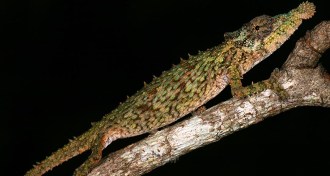 Animals
AnimalsLittlest chameleons pack powerful tongues
A tiny chameleon from South Africa sets an acceleration and power record for amniotes.
-
 Animals
AnimalsSmall lizard packs powerful tongue
A tiny chameleon from South Africa sets an acceleration and power record for amniotes.
-
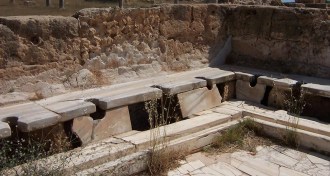 Archaeology
ArchaeologyRoman toilets didn’t flush parasites
Roman sanitation measures did little to dent parasite numbers, a study finds.
-
 Archaeology
ArchaeologyRoman toilets didn’t flush parasites
Roman sanitation measures did little to dent parasite numbers, study finds.
-
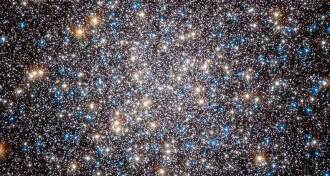 Astronomy
AstronomyTo search for an advanced civilization, take a U-turn to star clusters
Globular star clusters might be safe, stable homes for long-lived advanced civilizations.
-
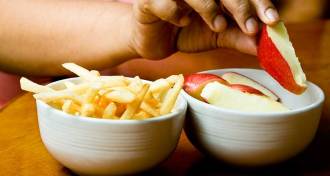 Health & Medicine
Health & MedicineNew dietary guidelines emphasize big picture
Americans’ new guidelines for healthy eating focus on subtle shifts to dietary habits.
By Meghan Rosen -
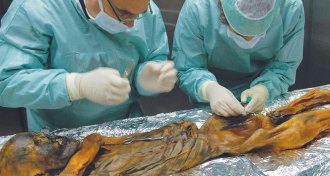 Genetics
GeneticsThe Iceman tells a new tale: Infection with ulcer-causing bacteria
Ötzi the Iceman was infected with a virulent strain of H. pylori. A new study is the first to piece together an ancient genome of these bacteria.
By Meghan Rosen -
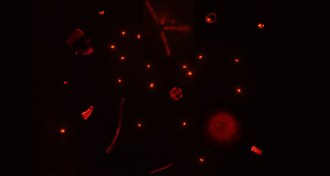 Oceans
OceansPhytoplankton flunk photosynthesis efficiency test
Nutrient-poor ocean waters make phytoplankton photosynthesis inefficient
-
 Astronomy
AstronomyThis black hole is an extreme recycler
A cosmic pump powered by a supermassive black hole is recycling gas through a galaxy.
-
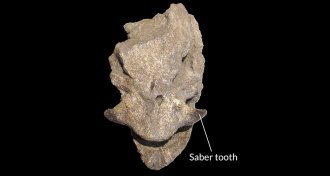 Paleontology
PaleontologySaber-toothed salmon teeth more like tusks than fangs
Saber-toothed salmon teeth may not have been positioned like fangs at all.
By Susan Milius -
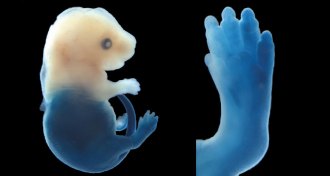
-
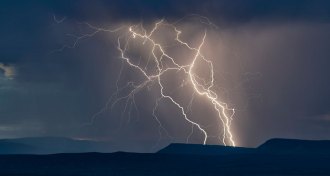 Animals
AnimalsAnimals get struck by lightning, too
Scientists found a group of sea lions apparently dead from a lightning strike. But those animals certainly aren’t the first animals to die that way.